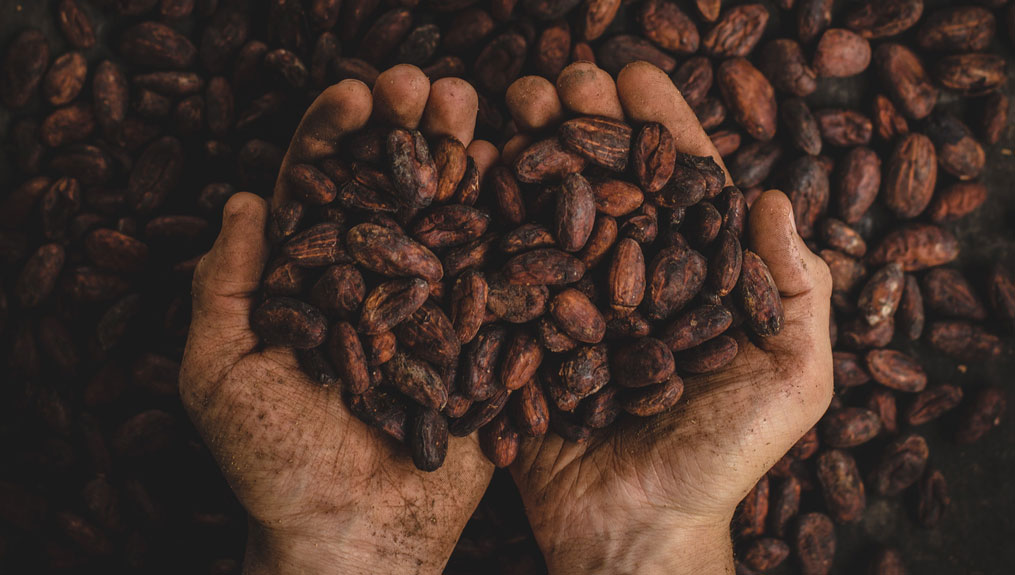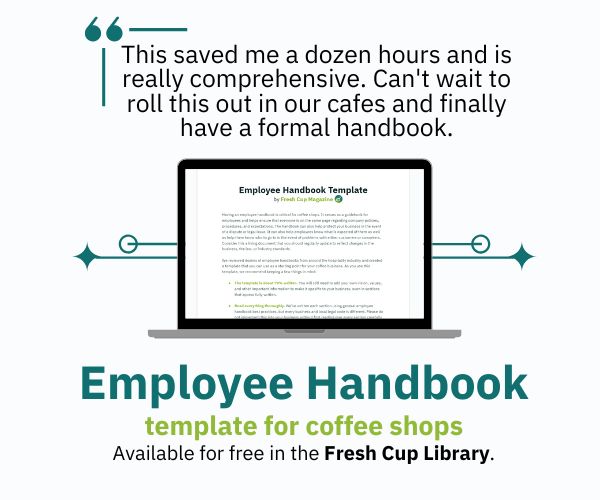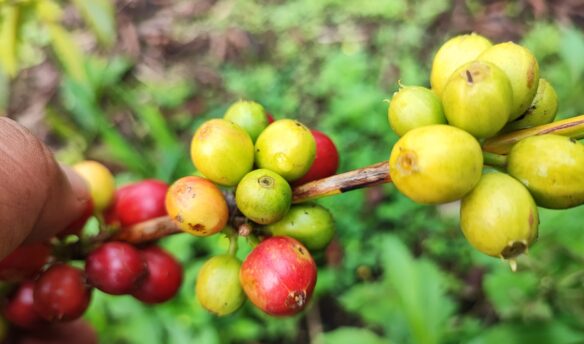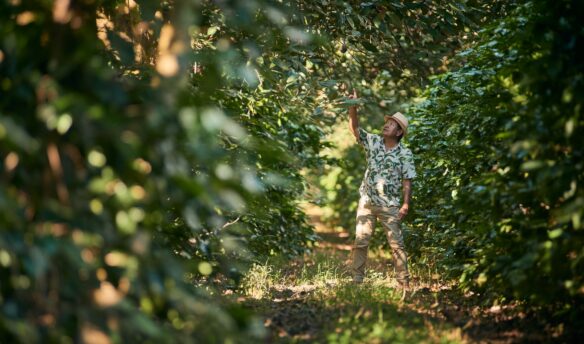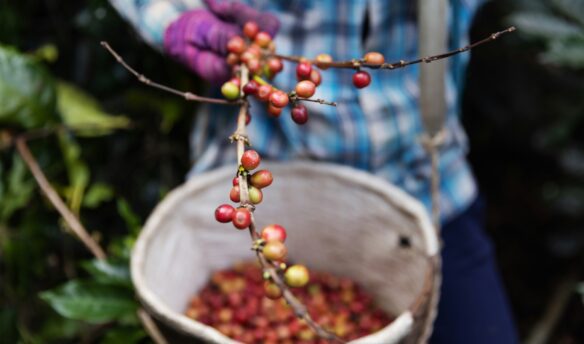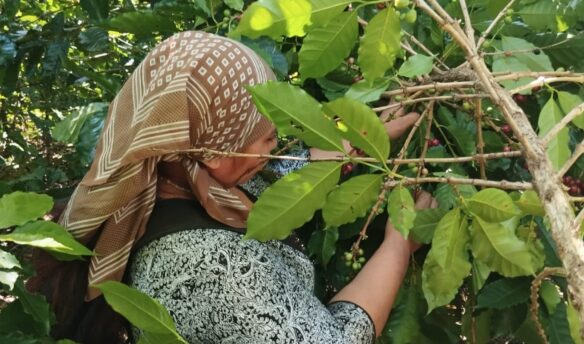Photo by Pablo Merchán Montes
[A] putative class action lawsuit filed against Nestlé USA, Inc., Tomasella v. Nestlé, No. 18-cv-10269 (2019), alleged that Nestlé benefitted from unjust enrichment based on the company’s failure to disclose that its chocolate products likely contain cocoa beans farmed by child and slave labor from suppliers in Côte d’Ivoire. While Nestlé admits that some of its cocoa is sourced from the area, which has well-documented widespread practices of child and forced labor in the cocoa industry, a federal court in the District of Massachusetts found it was not deceptive for the company to omit those practices from its label.
Despite finding the plaintiff’s statements true, the court did not find Nestlé at fault. Nestlé’s omission of slave and child labor were not false statements, the court considered the practice a “pure omission,” meaning the company had said nothing in a circumstance that does not give any meaning to that silence. The ruling is consistent with several other cases brought under California’s consumer protection laws, which also found that businesses have no duty to disclose these types of supply chain labor practices.

